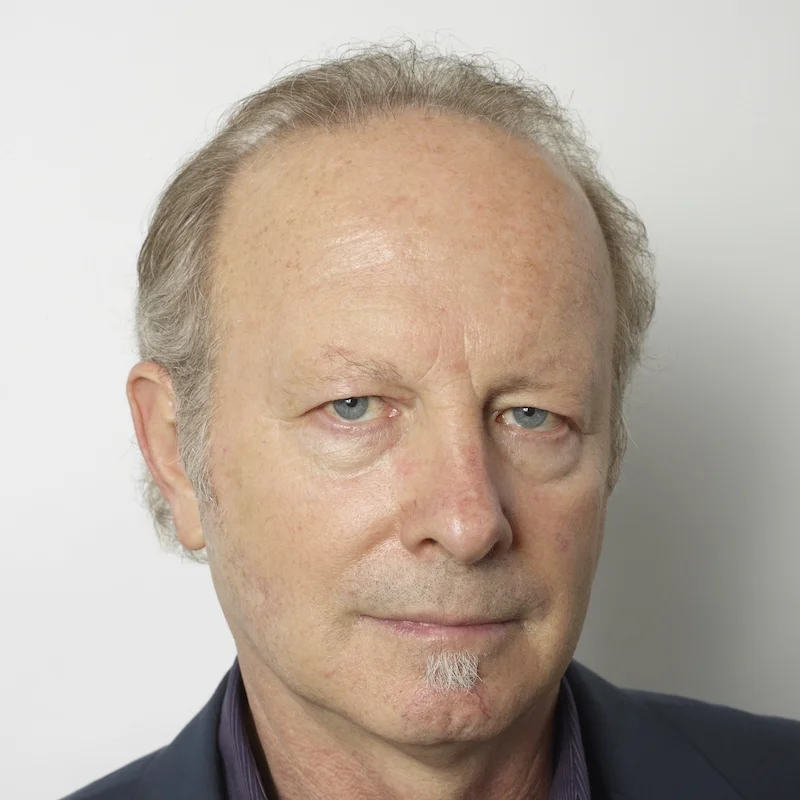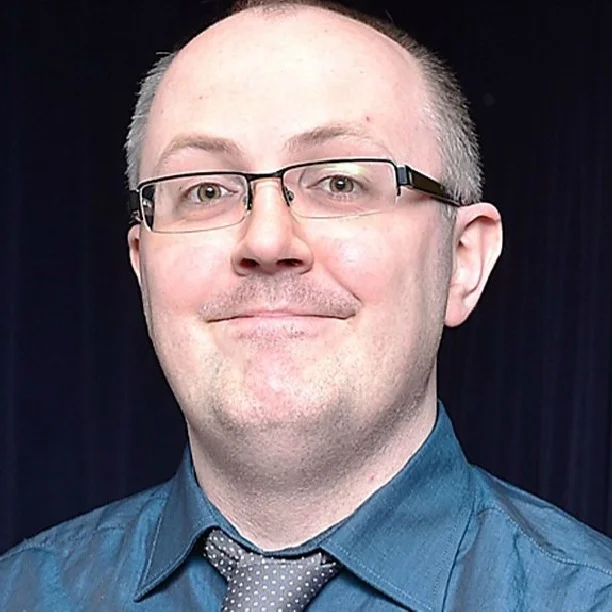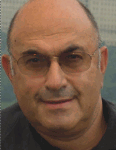Dr. John Medina has spent his career in bio-engineering, but he also has a deep interest in how the brain works. In his latest book Brain Rules for Aging Well: 10 Principles for Staying Vital, Happy, and Sharp, he presents our knowledge brain aging in an engaging manner that can be enjoyed by readers of all backgrounds.
In this month's episode of Brain Science (BS 138) we discuss some of the most important principles for nourishing brains as we age. He describes what he calls the "dopamine lollipop," which is the surge of dopamine created by activities such as teaching and physical activities like dancing. Some of his ideas reinforce what we have discussed in previous episodes, but there are new ideas that are relevant to listeners of all ages.



























